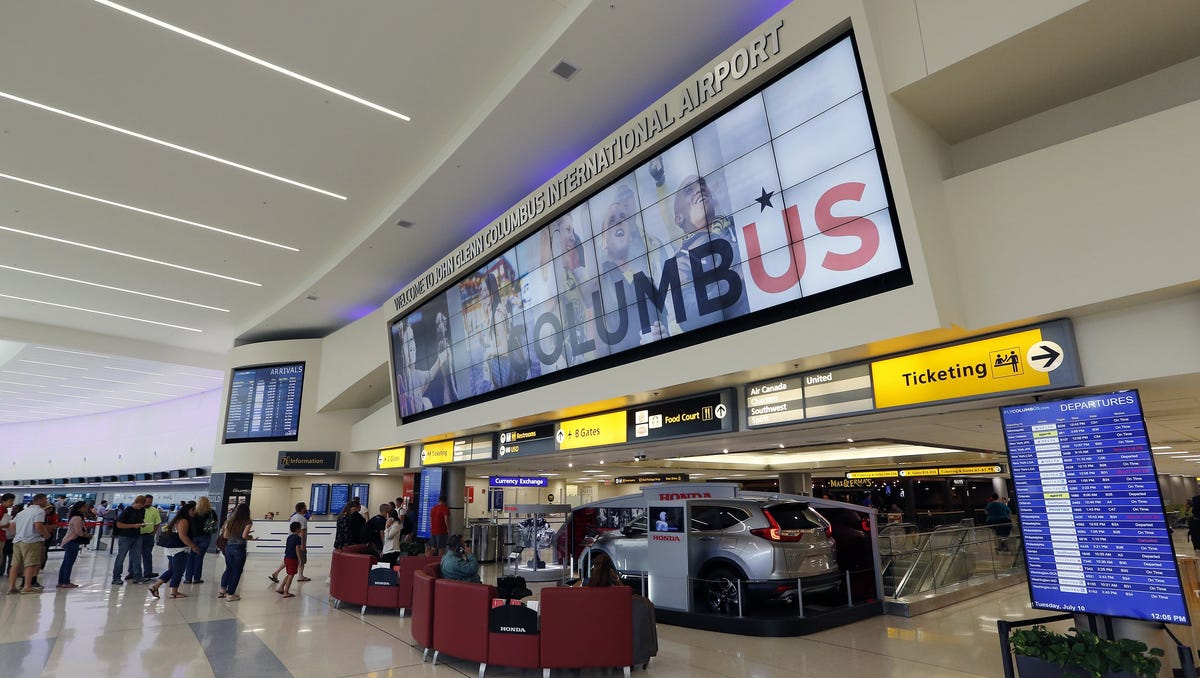World
Advocates warn of deteriorating conditions for journalists on World Press Freedom Day

As the international community marked World Press Freedom Day on Friday, advocacy groups and officials around the globe sounded the alarm over increased violence and threats against journalists.
Advocacy group Reporters Without Borders (RSF) on Friday released its annual World Press Freedom Index, warning that a marked surge in political oppression across the globe remains a looming threat as many national governments head into key elections. The accompanying report noted that elections often come with violence against journalism, citing examples of politically-linked media repressions or violence in Argentina, Nigeria, Niger, Burkina Faso, Mali, and Türkiye.
The US fell 10 spots, to 55th place in the global press freedom ranking. The report cited a number of factors for the country’s slide, including a rise in partisan media outlets, legislative trends shifting away from press protection, and heightening economic pressure on news outlets.
The country ranked highest for press freedom was Norway, which earned praise for its robust legal framework. At the bottom of the list was Eritrea, which the report describes as lacking any independent media outlets, and having earned a reputation for “detaining journalists longer than any other country in the world.”
In summary, RSF wrote:
A growing number of governments and political authorities are not fulfilling their role as guarantors of the best possible environment for journalism and for the public’s right to reliable, independent, and diverse news and information. RSF sees a worrying decline in support and respect for media autonomy and an increase in pressure from the state or other political actors.
As the international community marked World Press Freedom Day on Friday, advocacy groups and officials around the globe sounded the alarm over increased violence and threats against journalists.
Meanwhile, Amnesty International warned of crackdowns against independent journalists across East and Southern Africa, particularly against reporters wishing to expose corruption schemes and human rights violations. The organization warned that many regimes justify these acts of suppression with flimsy references to counterterrorism and cybersecurity legislation.
Tigere Chagutah, Amnesty International’s Regional Director for East and Southern Africa, wrote:
Threats to the right to freedom of expression and the media continued unabated across the East and Southern Africa region over the past year. Speaking out against or scrutinizing government policies, actions or inaction, or publicly sharing information deemed damaging to the government carried the risk of arrest, arbitrary detention, or death.
World Press Freedom Day was established in 1993 by the United Nations in a bid to spur governmental action and societal reflection on the importance of a free press. Each year on May 3, advocacy groups, journalists, and officials take the opportunity to reflect on the collective wins and losses with respect to press freedom. This year, amid heightening violence, geopolitical tensions, and a critical mass of key elections around the world, messaging was far from optimistic.









